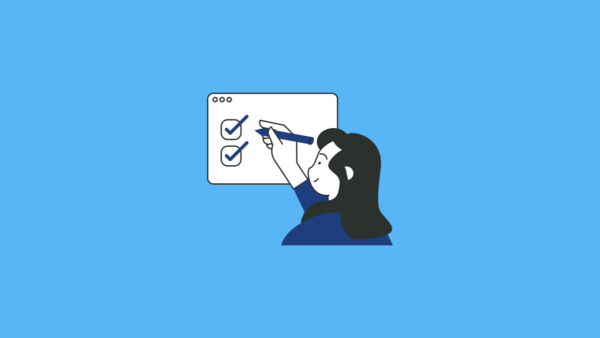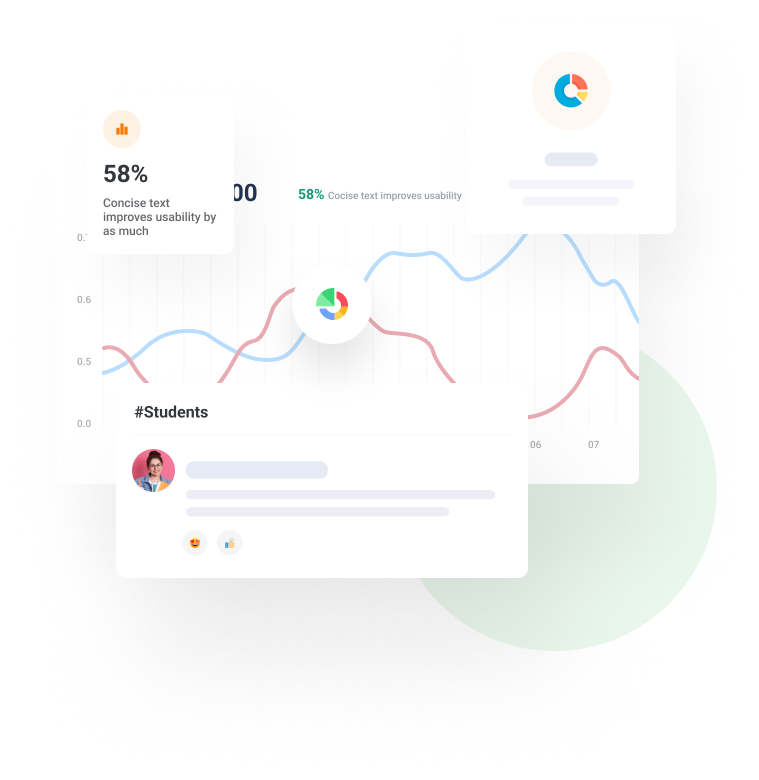Managing Cognitive Load, Part 1: A zyBooks Panel Discussion (Video)
Managing cognitive load is crucial for your students’ success.
Think of cognitive load like a computer’s RAM. Overtax it and your machine’s performance goes south. Same with your students’ mental effort—it’s a finite resource that must be handled carefully.
Managing cognitive load is a foundational tenet of our pedagogy here at zyBooks. We design our books to optimize mental effort, to balance challenge and comprehension, and to structure information to make it as accessible and digestible as possible. These approaches are not just about our books. You can—and should—put them to work in all aspects of your teaching.
To find out how, we pulled together a panel of distinguished zyBooks experts. In Part One of the discussion, we dig into how to best manage cognitive load. In Part Two next week, we’ll take a closer look at how we manage cognitive load at zyBooks and what we’ve discovered in our research. (We also urge you to watch the full panel here.)
In this post
Tips for Reducing Cognitive Load
Managing Cognitive Load in Images
Reducing Cognitive Load During Lectures
Best Practices for Reducing Cognitive Load in the Classroom
zyBooks Panel

Dr. Chelsea Gordon
Chelsea is the Research and Data Analytics Lead at zyBooks, where she conducts research showing the impact of zyBooks’ pedagogy on student learning and student engagement, as well as the potential impact of introducing new tools and features to the platform. Chelsea holds a PhD in Cognitive Neuroscience.

Dr. Nikitha Sambamurthy
Nikitha is an Editorial Director at zyBooks, where she runs engineering content and conducts engineering education research. She holds a BS in electrical engineering and a PhD in engineering education.

Jane Snare
zyBooks’ Senior Manager of Authoring, Jane helps authors apply zyBooks pedagogy and best practices in digital education. Prior to joining zyBooks, Jane worked in academia for two decades in both faculty development and teaching roles. Jane holds a master’s degree in Instructional Technology.
Understanding Cognitive Load
In this video, Dr. Chelsea Gordon explains the three aspects of cognitive load:
Writing Concisely
Jane Snare explains the concept of “writing with an eraser” to manage cognitive load:
Tips for Reducing Cognitive Load
Here the panel shares tips for reducing cognitive load in your classroom:
Managing Cognitive Load in Images
Managing cognitive load in static images and animations—even PowerPoints—is a particular challenge, given their complexity. Here the panel offers practical ways to achieve this:
Reducing Cognitive Load During Lectures
How do you prevent students from getting overwhelmed as you’re presenting concepts? In this video, the panel shares proven approaches to reducing cognitive load during lectures:
Best Practices for Reducing Cognitive Load in the Classroom
- Instructors should prioritize creating small lectures followed by active student engagement with the material.
- Instructors should focus on integrating new information with existing knowledge and encourage active learning through methods like stop and ask questions, real-world examples, and group discussions.
- Instructors should encourage students to personalize their learning by speaking casually and using terms they understand.
- Students should be aware of the concept of cognitive load and how learning works, including techniques such as spaced repetition and chunking.
- Students should prioritize spacing out study periods that work best for them.









